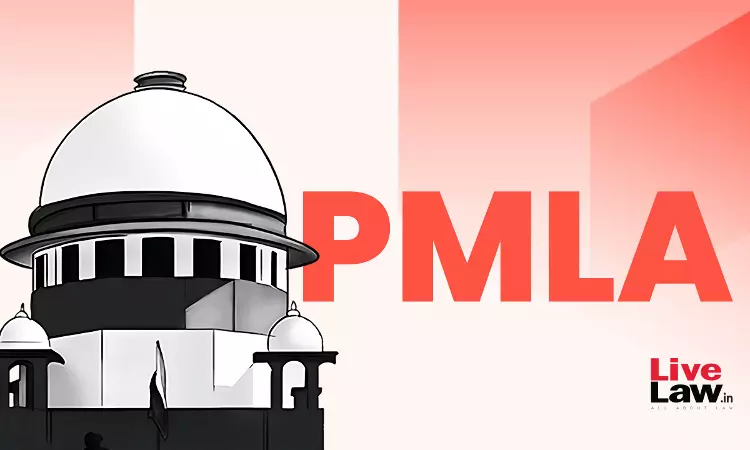The Supreme Court on Monday (April 08) quashed the money laundering case in relation to the alleged Chhattisgarh liquor scam. The Court noted that the complaint filed by the Enforcement Directorate (ED) was based on an alleged conspiracy(Section 120B IPC) to commit an Income Tax Act offence, which is not a scheduled offence as per the Prevention of Money Laundering Act(PMLA). Since there is...

